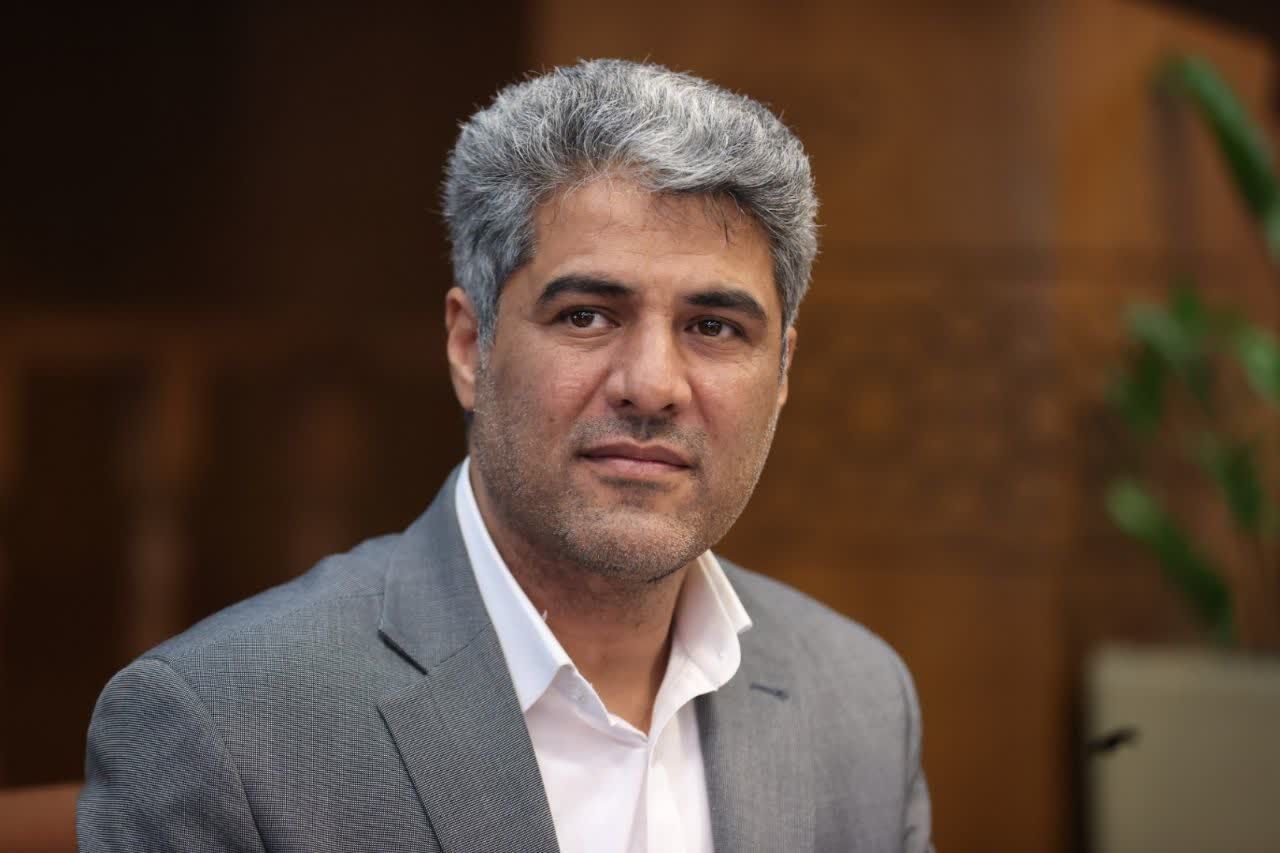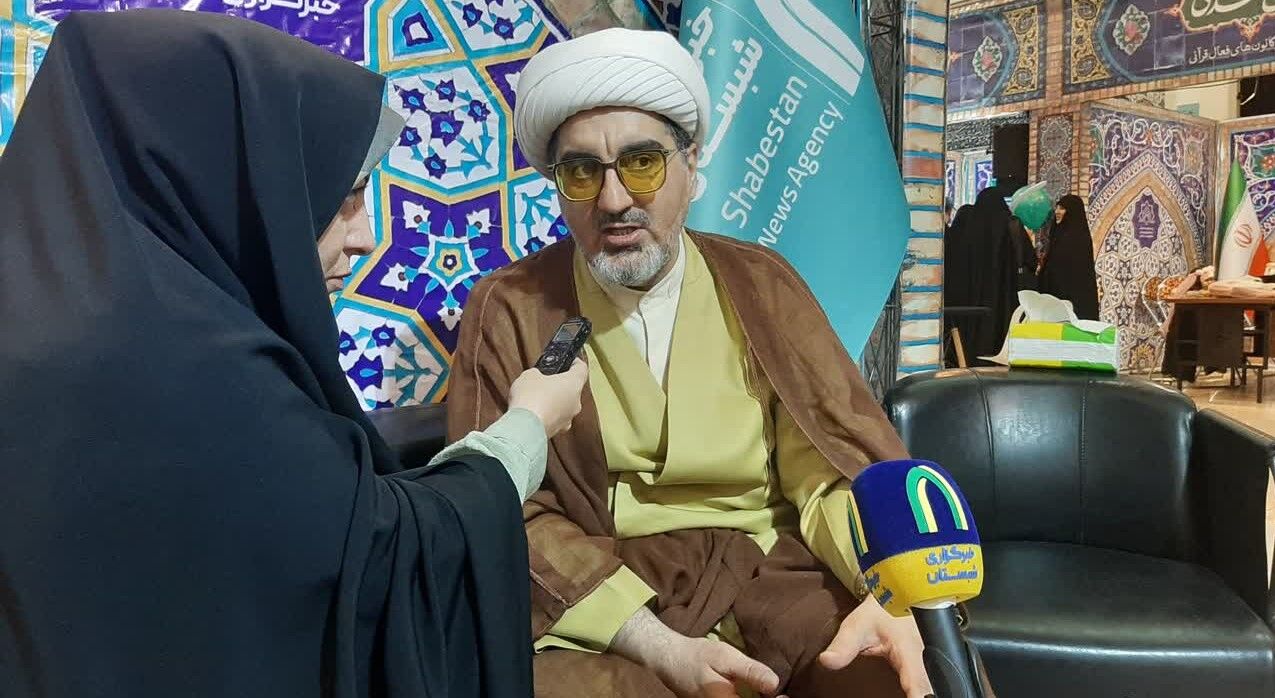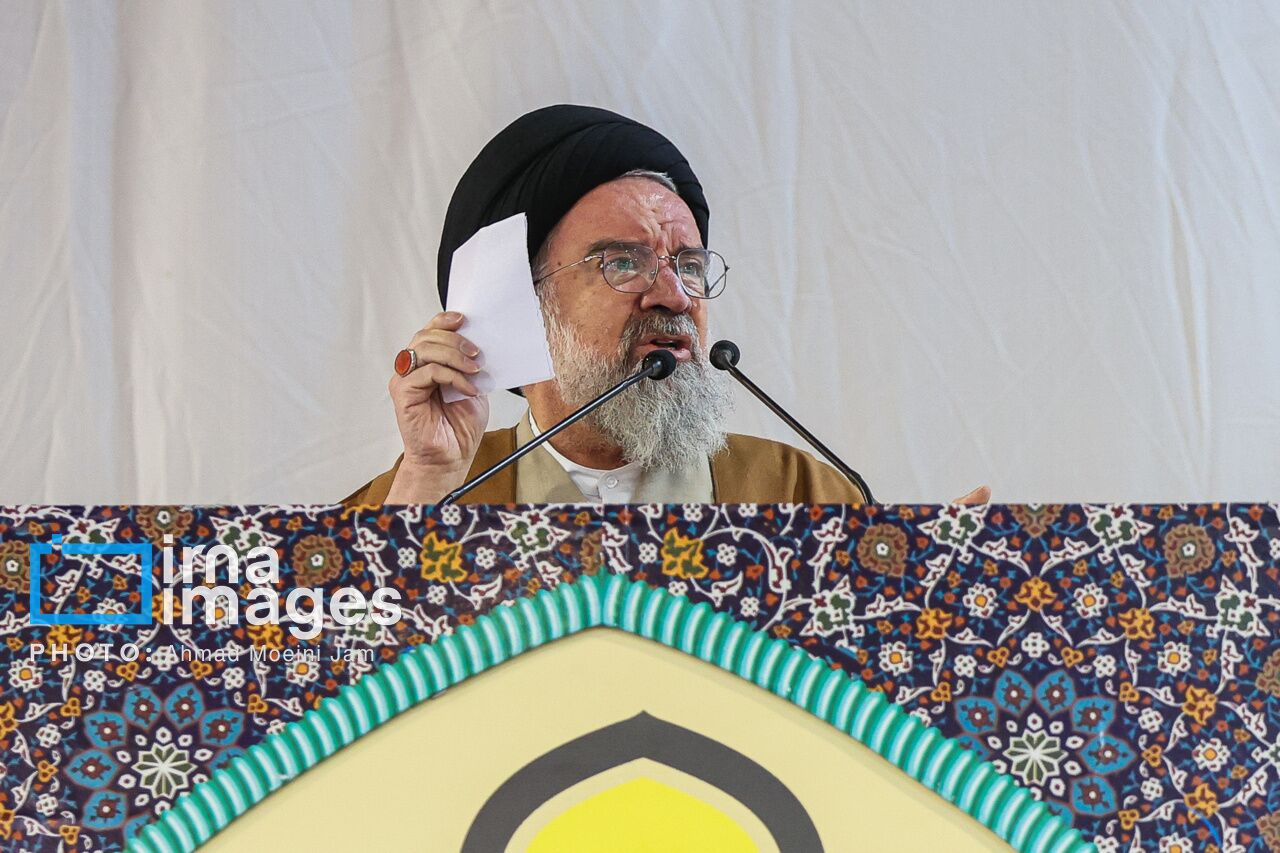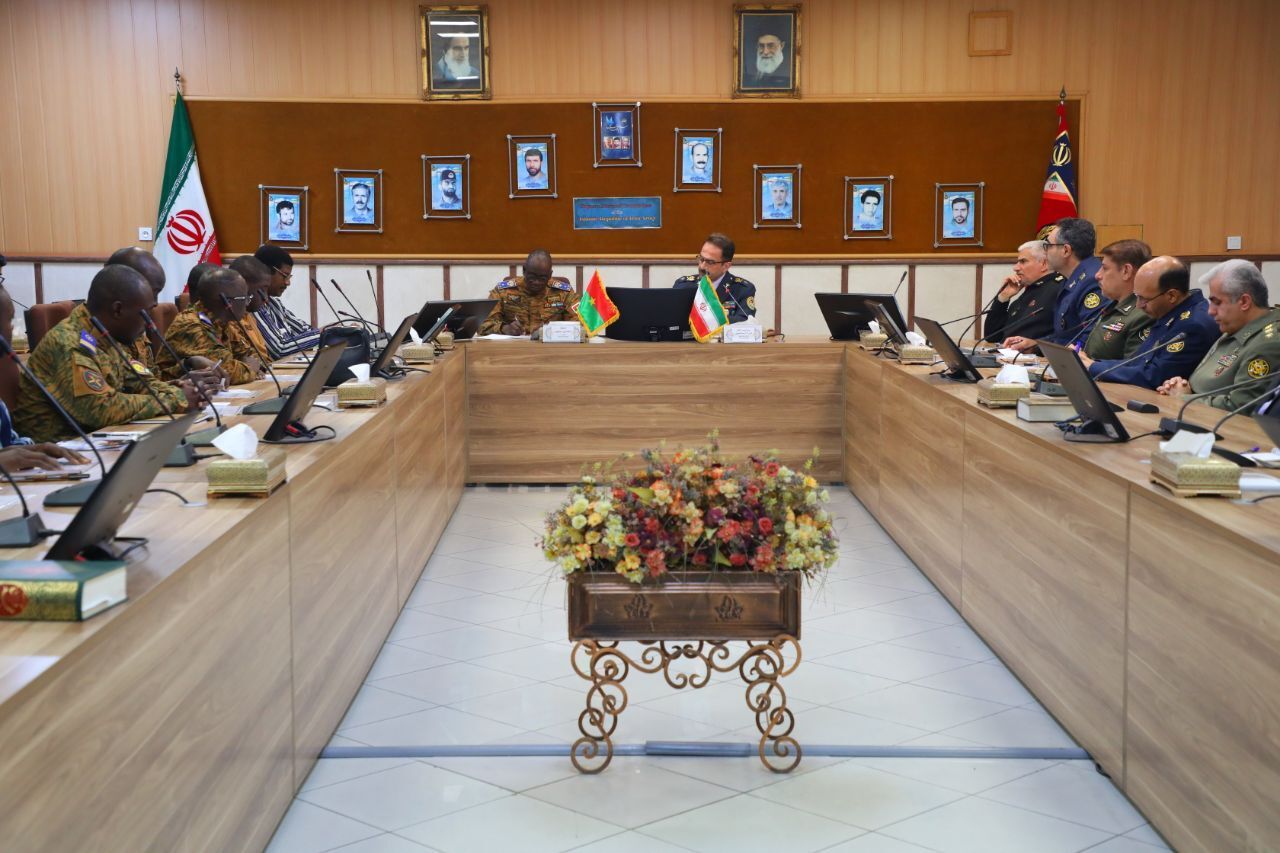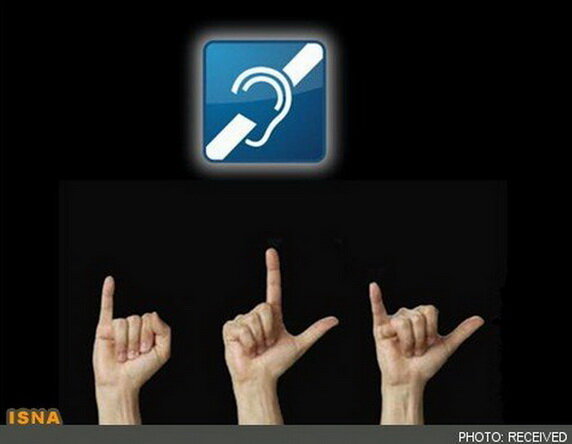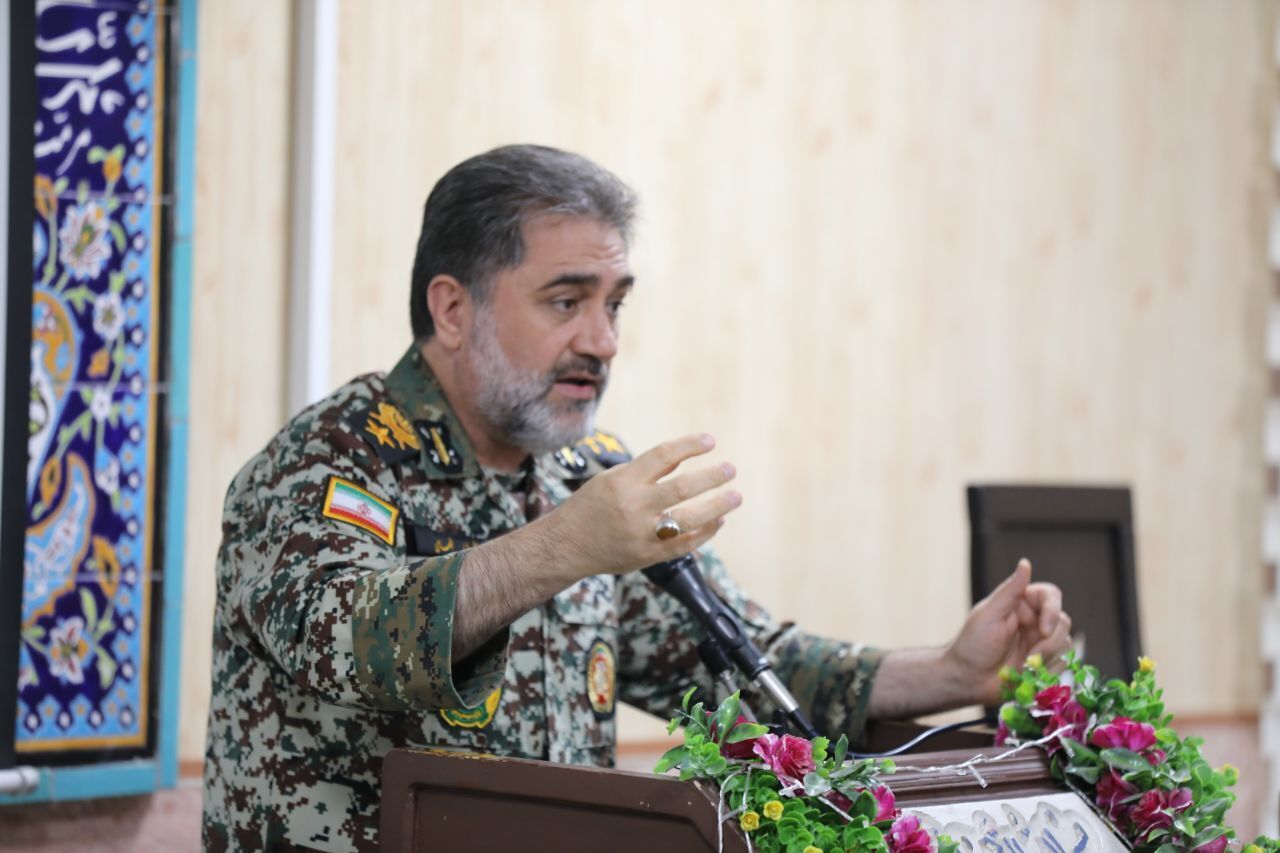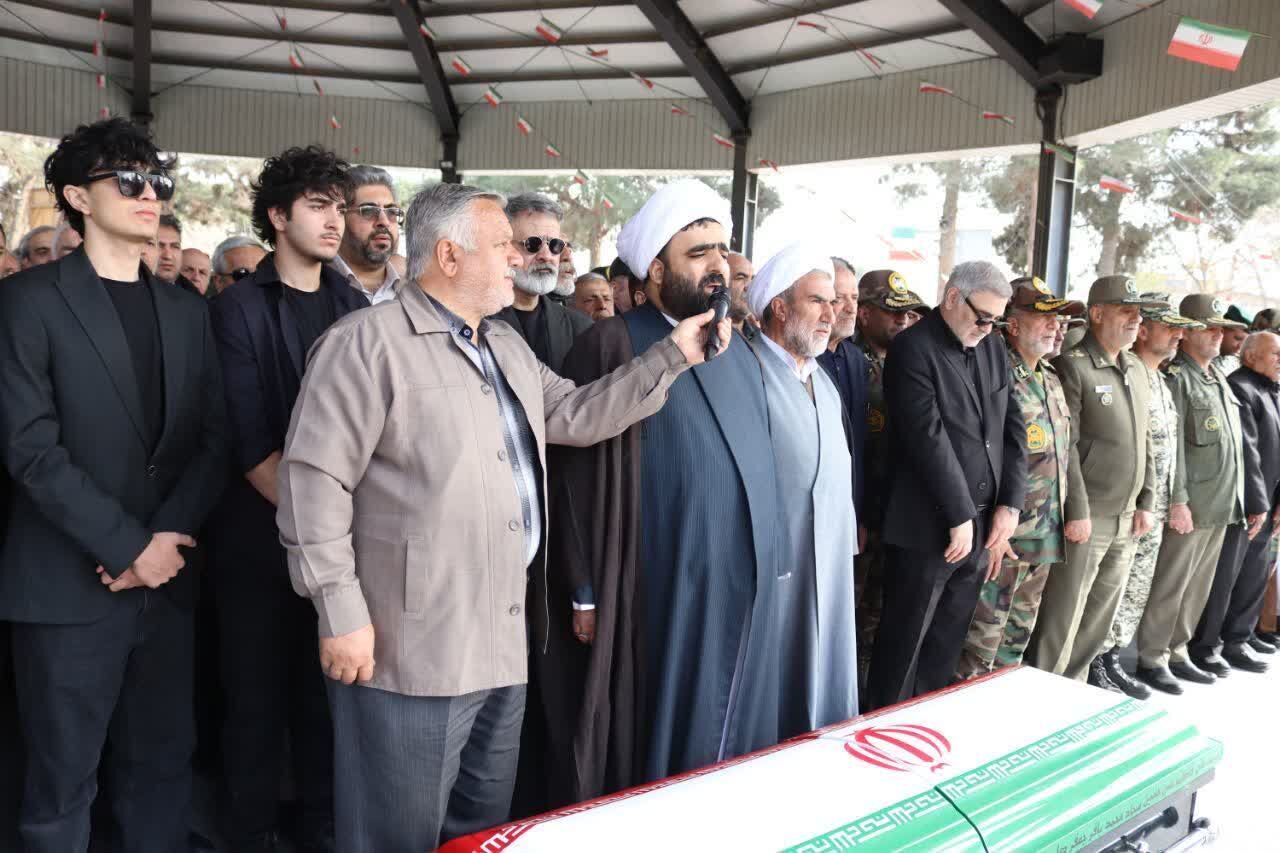Jailbreak, freedom, exile: Life of Mahmoud al-Arda, architect of daring Israeli prison escape
Jailbreak, freedom, exile: Life of Mahmoud al-Arda, architect of daring Israeli prison escape

The moment Israeli authorities sentenced Mahmoud al-Arda to life imprisonment, he began planning his escape.
Rejecting the legitimacy of Israel’s occupation courts, the 50-year-old Palestinian viewed breaking out as another act of resistance in his struggle for freedom.
After 25 years behind bars - marked by long stints in solitary confinement and a failed escape attempt - Arda finally made it out.
On 6 September 2021, he led five other Palestinian inmates in a daring breakout from the maximum-security Gilboa Prison.
The escape, achieved through a tunnel dug over ten months using mainly spoons, stunned Israel and made international headlines.
“The idea of escaping prison lived in my mind from the very first day they took my freedom, 32 years ago,” Arda told Middle East Eye from Egypt, where he has been exiled.
“I worked tirelessly to make it happen. When the opportunity finally came, I escaped with my friends and brothers.”
'If I ever stay in Egypt, I’d choose to live in the countryside, among farmers and animals. That’s the life I love'
- Mahmoud al-Arda
Arda’s freedom - and that of the other five prisoners - was short-lived. Within days, Israeli authorities tracked them down in different parts of Israel and the occupied West Bank and rearrested them.
Since then, they have faced harsher treatment than usual.
Arda - an Islamic Jihad member sentenced for involvement in attacks against Israeli soldiers - spent four years in solitary confinement.
That was until his release as part of a prisoner exchange between Hamas and Israel following the recent ceasefire, which Israel has continued to violate.
He was freed on 14 October and deported to Egypt, where he has remained until today.
Exile, he said, is a “curse” - a concept rejected in Palestinian culture.
“When I escaped, I had the option to flee to Lebanon or Jordan, but I refused,” he added.
“I said, ‘Even if they re-arrest me after just one day, I want to spend that day on my land, in my homeland.'”
Life in prison
Arda was born in the town of Arraba, north of Jenin, in 1975.
He was first arrested by Israeli forces during the First Intifada in 1992, at just 16 years old.
Sentenced to a little over four years, he was released in 1996 as part of the Oslo Accords prisoner releases.
'They beat us, stamped on our heads, and tortured us savagely – but they never broke our spirit or determination'
- Mahmoud al-Arda
He spent only eight months in freedom before being re-arrested in September 1996 and sentenced to life imprisonment plus 15 years.
Prison conditions were always harsh, he said, with Israeli jails long known for their mistreatment of Palestinian inmates.
“In the 1970s, for example, the prison administration provided prisoners with nothing but a thin black mattress and a blanket,” Arda explained.
Over the years, however, prisoners began to organise collectively to resist abuse and improve their conditions, giving rise to what became known as the Palestinian Prisoners’ Movement.
The movement achieved major gains through coordinated hunger strikes and collective action.
“By the late 1980s, and especially after the 1992 strike, prisoners achieved significant victories that strengthened the movement’s unity and resolve,” Arda said.
These included the right to wear civilian clothing, receive more meals, bring in televisions, radios, and books, enjoy regular family visits, and sit for high school and university exams.
Arda said he spent most of his life in prison reading, particularly during the four years he spent in solitary confinement after his escape.
Reading, he said, was his lifeline against the pain and isolation of imprisonment.
“I read everything - literature, philosophy, politics, psychology, sociology, history, religion. I even read about Israel itself, its history, and European history. Thousands of books, from every field,” he told MEE.
He recalled one South Korean novel that moved him deeply, though he can no longer remember its title.
“I don’t believe in borders,” he added. “Every person has a small family - their parents and siblings - but our larger family is the nation and all of humanity.”
‘Nazi camps were more merciful’
But on 7 October 2023, everything changed for Palestinians in Israeli prisons.
Israel declared an official war on Gaza, and inside the prisons, another undeclared war was launched against the prisoners, Arda said.
“The level of brutality, arrogance, and violence Israel used against us was unprecedented in human history,” he said.
'They stripped us of every right... But we will strip this occupation of its legitimacy'
- Mahmoud al-Arda
“Even the Nazi camps were, without exaggeration, more merciful than what we endured.
“They beat us, stamped on our heads, and tortured us savagely – but they never broke our spirit or determination. We are a people with a just cause and a sacred message.”
Various human rights organisations and eyewitness accounts have detailed widespread and systematic abuses against Palestinians since October 2023.
The abuse included torture, rape, food deprivation, medical negligence, and humiliation.
Arda described the methods of torture used as a “policy of breaking bones”.
“They beat us until our ribs broke. I remember one night I couldn’t sleep because of the groans of a prisoner whose ribs had been shattered under torture.
“The prison administration provided him with no medical care. Prisoners in need of treatment - whether due to illness or torture - scream for days, weeks, even months without being helped.”
At least 80 Palestinian prisoners have died and been identified under these conditions.
However, Arda said, the real number is far higher.
“We believe the figures are much greater – possibly hundreds or even thousands of Gazans were killed during field arrests and interrogations,” he said.
“Israeli security forces have been carrying out the most brutal forms of torture to extract intelligence related to Hamas in Gaza.”

Since October 2023, Israel has denied visits by the International Committee of the Red Cross and has withheld information about the whereabouts and conditions of many prisoners.
Everything the Palestinian Prisoners’ Movement had achieved by then was dismantled.
Prisoners were left with the bare minimum, as Israel’s minister of national security, Itamar Ben Gvir, openly stated.
“They stripped us of every right – the right to medical care, to food, to warmth, even to prayer,” Arda recalled.
“But we will strip this occupation of its legitimacy through every form of resistance.”
Now in Egypt, Arda is still adjusting to life outside prison, yearning for a return to his hometown of Arraba in the occupied West Bank.
“I’m a man of the land – of mountains and valleys, of trees and stones. I love the rugged landscape,” he said.
He added that he feels “deeply tied to the land,” having spent his life farming with his father whenever he was not in prison.
“In Egypt, it’s different. I once travelled for seven hours by bus without seeing a single mountain.
“If I ever stay in Egypt, I’d choose to live in the countryside, among farmers and animals. That’s the life I love.”




